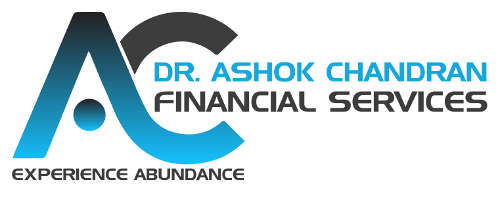Source/Contribution by : NJ Publications
Equity markets in India have remained volatile for quite some time now, some sectors have demonstrated a poor show than others. Further because of SEBI's regulations to restructure mutual fund schemes, to increase the % allocation of large cap schemes in the portfolios, a lot of churning has happened in MF portfolios to effectuate the re-categorization, and the impact is reflected on equity MF schemes and SIP returns too.
The anxiety among MF investors is understandable, since the returns from SIP investments are dropping, the SIP's started in the last one year are in the negative. The new investors who just gave mutual funds a try, are disheartened because of the losses, since they haven't seen the upheavals before. Amidst the grey scenario, a lot of you must be wondering if you should continue your SIPs, should you stop the SIP for some time or may be redeem the investment to cut further losses?
To solve this dilemma, let's first look at the SIP returns from the average of Diversified Equity Mutual Fund Schemes.
|
1 Year |
2 Years |
5 Years |
7 Years |
10 Years |
|
|
Average of Diversified Equity Funds |
-10.76% |
2.63% |
11.69% |
14.59% |
14.60% |
As of 30th Sep 2018; Source NJ Internal
The above are the average return numbers for SIP in diversified equity schemes. As we see, over the past one year SIP in diversified equity schemes has yielded a little less than 11% loss for the investors. While this is the average, the numbers for some funds are even worse, translating to investors making massive losses in these 12 months. The ones who invested 6 or 8 months back are probably the worst hit. But as you move further to 2 years, 5 years and upto 10 year periods, returns are regaining, the numbers have become positive and have gradually risen upto a little less than the 15% mark for 7 and 10 year periods, after making up for the last one year's fall as well as for the past volatile periods that came in between.
The investors who invested in the past one year are the ones who suffered losses, while their mature counterparts have created wealth over the years. But the point to take note of here is, this latter mature set too has made money after facing the short term volatile periods like you are facing now, but they did not stop their SIP's, rather they held on to their investments to witness the growth and create wealth for themselves.
To further untangle your dilemma, let's understand how does an SIP work?
The strength of the SIP mode of investing lies in Rupee Cost Averaging. Each SIP installment of yours fetches you different number of units of the scheme, based on the prevailing NAV. So, when the NAV is low, you get more units of the scheme and when the NAV is high, you get less units of the scheme. This means SIP encaptures the market lows to get the best for the investor, by adding more units to his vault. This is also the answer to your question. If you discontinue or redeem your SIP now, when the market is low, which is an opportunity to buy more units for the same price, the sole purpose of investing through the SIP mode gets defeated. So, you should rather be doing the opposite. Instead of discontinuing your SIP, you should invest more, to get the maximum out of the low prices.
So, to conclude, a slump in the market is not a valid reason to stop the SIP, rather it's an opportunity to invest more, the creases will be ironed out eventually. The best and the easiest thing to do in the current scenario is stay focused, and continue investing. Discipline is the key here, ignore the market noise and stick to your investment objective, which is far far away. As the power of compounding plays the magic, SIP returns over long periods of time can create massive wealth for the investors.






